Blackberry's fire sale, and the phablet that could save it
BlackBerry may have agreed a sale to its largest shareholder, but its largest phone yet could help save the brand.

Inside the Enterprise: You could write a book about the problems at BlackBerry, the company behind what was, not too long ago, the executive's gadget of choice. No doubt, some enterprising industry commentator will do just that.
But the $4.7 billion (2.93 billion) deal from Fairfax Financial Holdings to take the company private is just one chapter in what could be a business school classic: rags to riches and back again, in just a couple of decades.
This, then, is perhaps not the best time to be launching a new phone. BlackBerry's Z30 is, the company claims, its largest and most powerful handset to date.
BlackBerry's mis-steps and miscalculations are too many to list here, but the company has already said it will leave the consumer market and cut more than 4,500 jobs.
Almost certainly, the moves will force the company to go back to basics, concentrating on areas such as mobile device management, security, and business-grade handsets. For die-hard BlackBerry users, that might not be a bad thing.
This, then, is perhaps not the best time to be launching a new phone. BlackBerry's Z30 is, the company claims, its largest and most powerful handset to date.
The handset's measurements with a 5in AMOLED screen and 2880 mAh battery certainly stack up. But what the handset represents, and what it could have, or maybe should have, been is at least as interesting to industry watchers.
The Z30 is BlackBerry's first "phablet", putting the company in a space that, until now, Samsung has largely made its own with its Galaxy Note devices. But really, the Z30 is what the Playbook should have been.
Get the ITPro daily newsletter
Sign up today and you will receive a free copy of our Future Focus 2025 report - the leading guidance on AI, cybersecurity and other IT challenges as per 700+ senior executives
By building an oversized phone, BlackBerry has addressed some of the shortcomings that made the Playbook an expensive failure, most of all the fact that the tablet had no phone or cellular data connection, and was largely restricted to working as a "companion device" to a BlackBerry proper.
This left BlackBerry unable to compete, where users wanted a smaller alternative to a tablet, but with all the connectivity of a phone. Users, then, who didn't really mind carrying a larger device, but only wanted to carry one handset.
That is a job that Samsung and some other Android tablets do rather well. And the phablet is also a type of device that appeals not just to knowledge workers, but also "task" workers.
A standard smartphone screen is really too small for a large number of field-based jobs, from market research to engineering or even law enforcement. A five-inch screen, on the other hand, is just about large enough to replace a regular tablet or netbook, and lends itself to mounting in a vehicle's cab.
And, despite BlackBerry's recent travails, the task-based or blue-collar market is one that BlackBerry has done quite well in, and could do well in again.
Companies that want to push out specific applications to their field teams, and have strong security and strong device management: all areas where BlackBerry is strong. They are less concerned about the range of apps in an app store than robustness, reliability, a good browser, and value for money.
The Z30 could do all these things, in a way the Z10 has not yet done. Perhaps BlackBerry should have held this week's launch, not at Selfridges, but down at the local Screwfix.
Stephen Pritchard is a contributing editor at IT Pro.
-
 Meta just revived plans to train AI models using European user data
Meta just revived plans to train AI models using European user dataNews Meta has confirmed plans to train AI models using European users’ public content and conversations with its Meta AI chatbot.
By Nicole Kobie
-
 AI is helping bad bots take over the internet
AI is helping bad bots take over the internetNews Automated bot traffic has surpassed human activity for the first time in a decade, according to Imperva
By Bobby Hellard
-
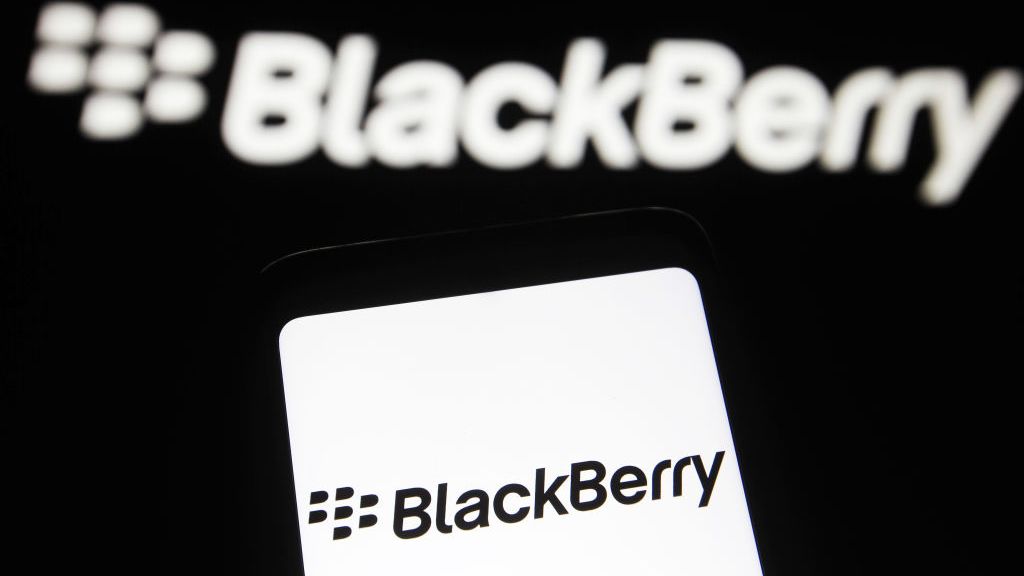 Blackberry revenue falls by 4% as cyber security division takes hit
Blackberry revenue falls by 4% as cyber security division takes hitNews Despite this, the company’s Internet of Things (IoT) division increased its revenue by 28% as it attracted new customers from the automotive sector
By Zach Marzouk
-
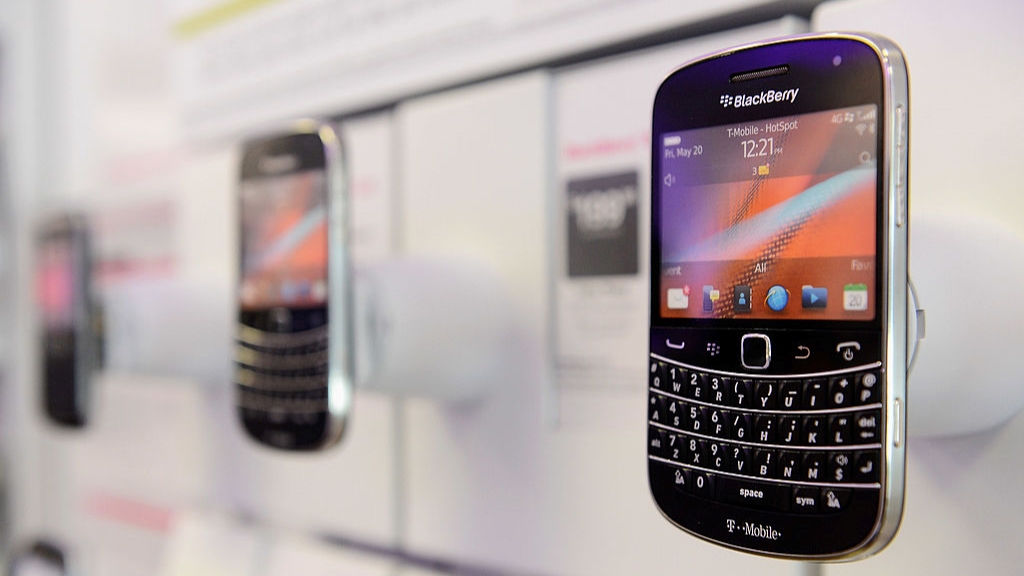 BlackBerry revival is officially dead as OnwardMobility shuts down
BlackBerry revival is officially dead as OnwardMobility shuts downNews The Texas-based startup is mysteriously shutting down and taking its ultra-secure 5G BlackBerry with it
By Bobby Hellard
-
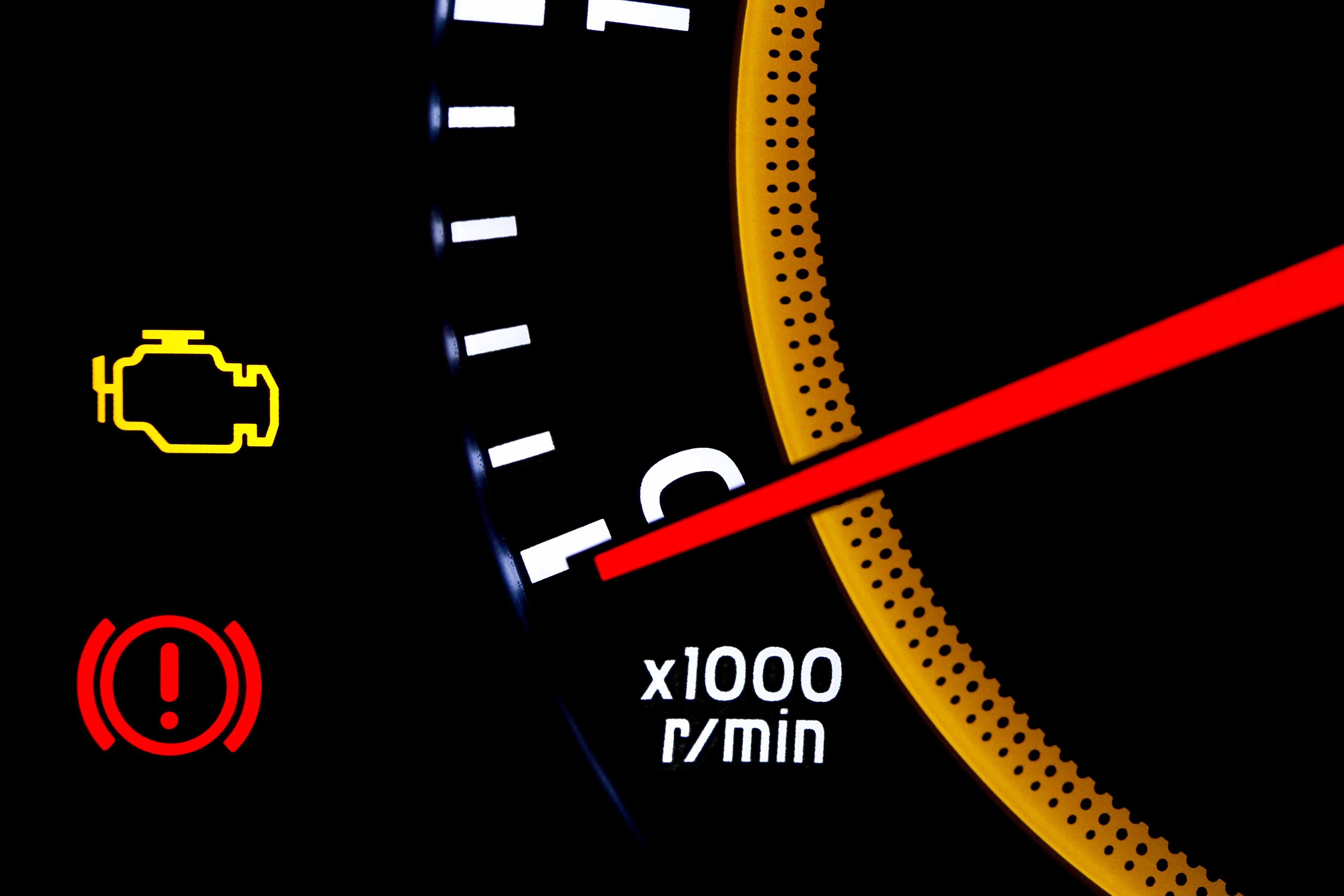 BlackBerry and AWS are developing a standardized vehicle data platform
BlackBerry and AWS are developing a standardized vehicle data platformNews Platform will give automakers a standardized way to process data from vehicle sensors in the cloud
By Rene Millman
-
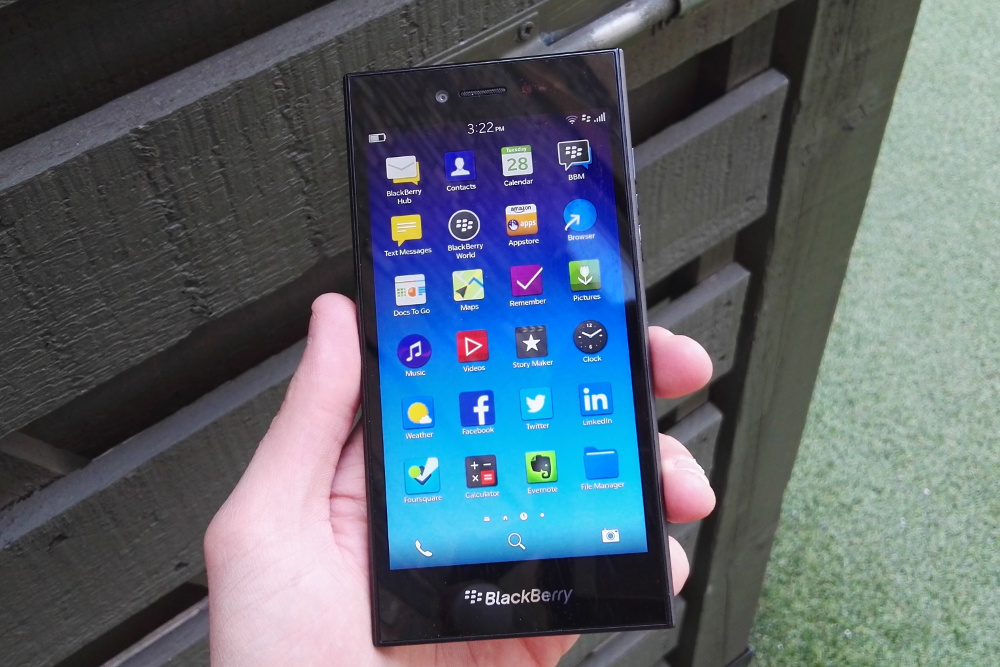 BlackBerry thwarts mobile phishing attacks with new AI tools
BlackBerry thwarts mobile phishing attacks with new AI toolsNews The company's Protect Mobile platform alerts users to potential malware before a link is clicked
By Tyler Omoth
-
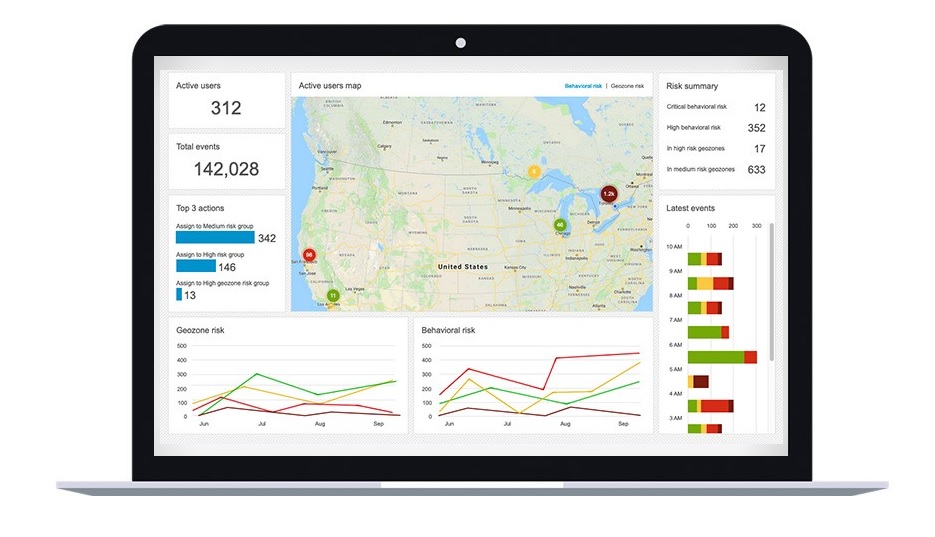 BlackBerry Persona Desktop delivers zero-trust security at the endpoint
BlackBerry Persona Desktop delivers zero-trust security at the endpointNews New security solution learns user behavior and can take action if there’s an abnormality
By Justin Cupler
-
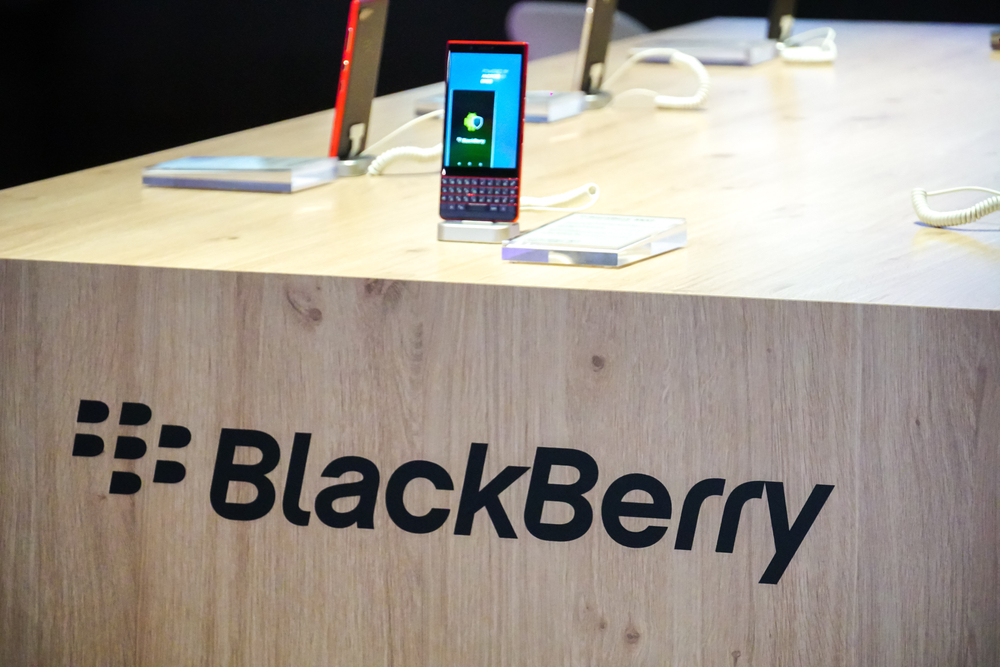 A 5G BlackBerry phone with physical keyboard is coming in 2021
A 5G BlackBerry phone with physical keyboard is coming in 2021News The business phone to be resurrected with OnwardMobility and FIH Mobile planning a security-savvy enterprise handset
By Bobby Hellard
-
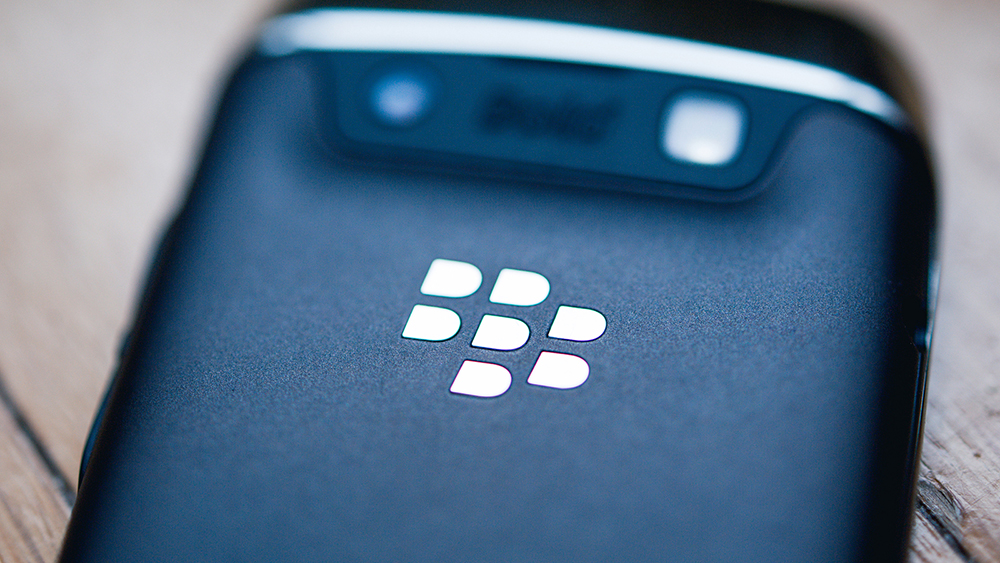 The business smartphone is dead
The business smartphone is deadIn-depth BlackBerry’s demise signals the end of the business-first handset
By Carly Page
-
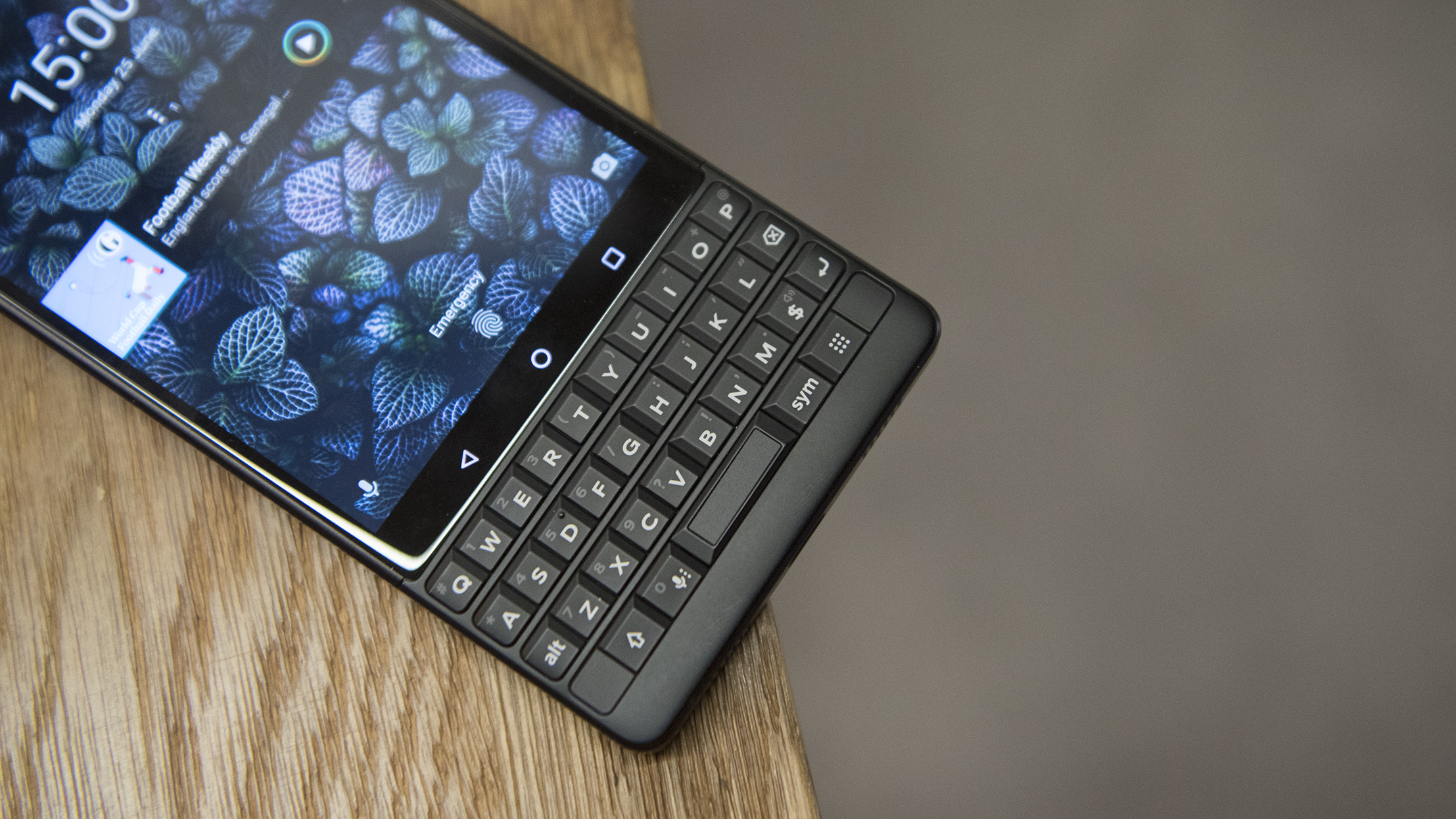 BlackBerry Key2 review: The best physical keyboard no one asked for
BlackBerry Key2 review: The best physical keyboard no one asked forReviews Despite the improvements, the flaws of BlackBerry’s Key range are still front and centre
By Bobby Hellard